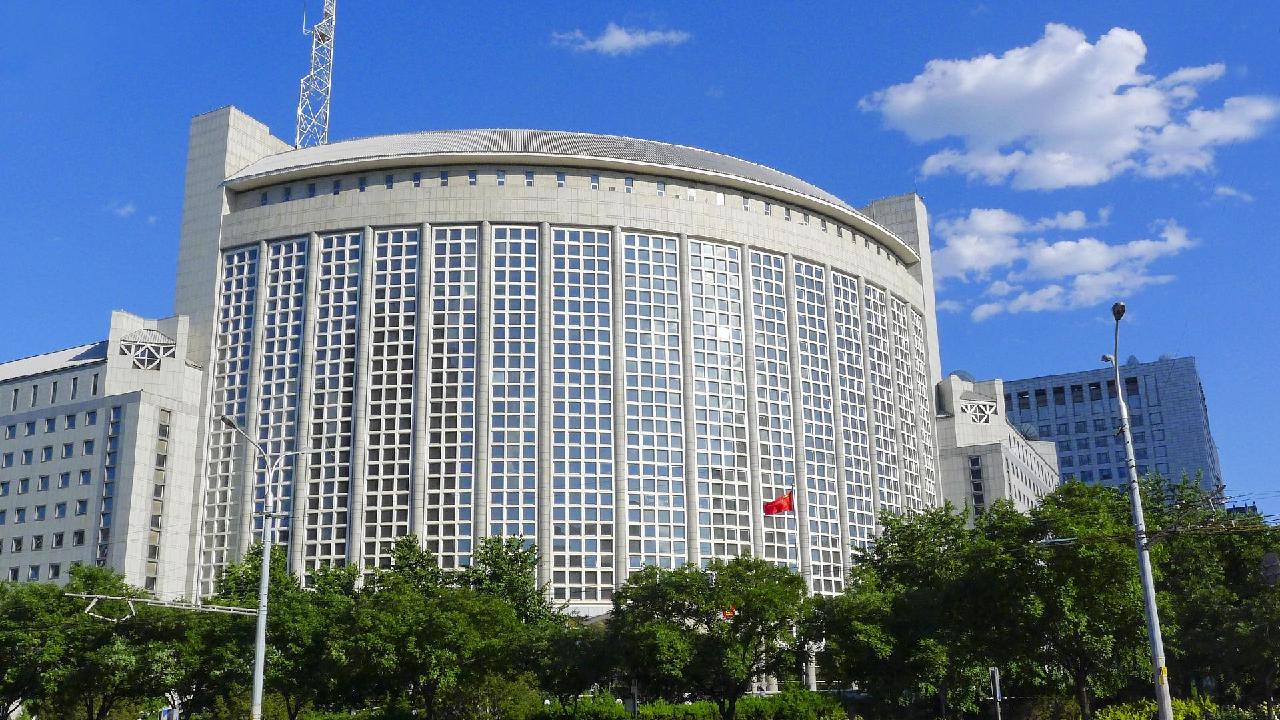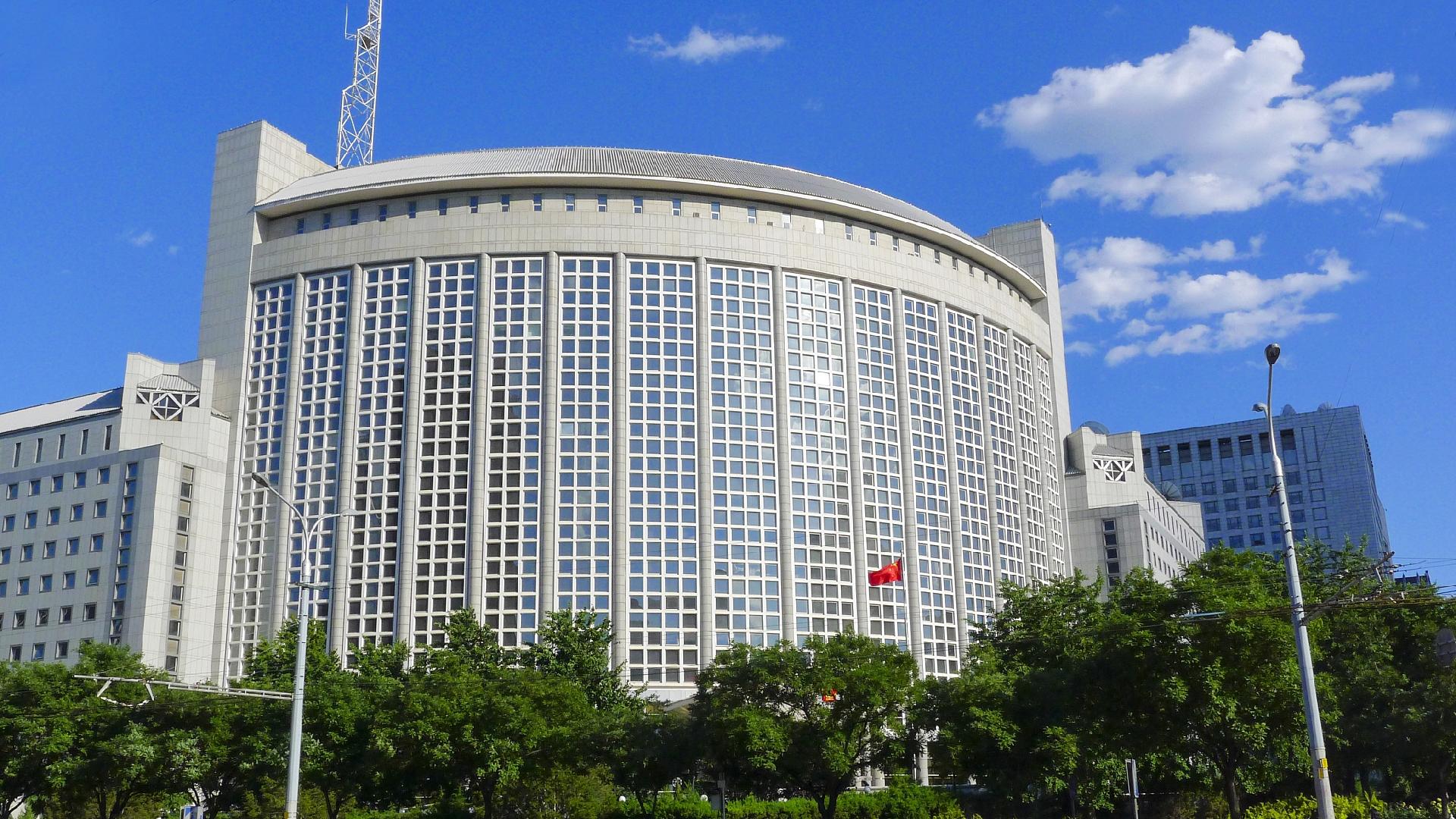China Condemns and Opposes Negative Statements Amid Diplomatic Tensions
China condemns U.S. Defense Secretary Hegseth's negative remarks at the Shangri-La Dialogue, says Chinese foreign ministry


China has expressed strong condemnation following remarks made by U.S. Defense Secretary Pete Hegseth at the 22nd Shangri-La Dialogue. According to a statement from a Chinese foreign ministry spokesperson on Saturday, China firmly opposes what it described as defamatory allegations and “Cold War mentality” put forth by Hegseth during the annual security summit in Singapore.
The spokesperson asserted that Hegseth’s comments were designed to sow division among countries in the Asia-Pacific region, ignoring the “overwhelming call for peace and development” from regional nations. The spokesperson further emphasized that the negative remarks portrayed China as a so-called “threat,” a characterization which was categorically rejected by Beijing.
“The remarks were filled with provocations and intended to sow division. China deplores and firmly opposes them and has protested strongly to the United States,” the spokesperson stated. They continued to criticize the United States, describing it as the primary driver of instability in the Asia-Pacific, pointing to the deployment of offensive weaponry in the South China Sea and what they called efforts to “stoke flames and create tensions,” turning the region into a “powder keg.”
On the issue of Taiwan, the spokesperson reiterated China's long-standing position, insisting the matter is purely an internal affair. “The United States should never imagine it could use the Taiwan question as leverage against China. The United States must never play with fire on this question,” the spokesperson warned. They urged Washington to strictly adhere to the one-China principle and the three China-U.S. joint communiques, and to cease all support for what Beijing referred to as “Taiwan independence” separatist forces.
Turning to the South China Sea, the spokesperson argued that there have been no issues regarding freedom of navigation or overflight. “China has always been committed to working with countries concerned to properly handle differences through dialogue and consultation, while safeguarding its territorial sovereignty and maritime rights and interests in accordance with laws and regulations,” the spokesperson said. The statement placed responsibility for tensions squarely on the United States, calling it the “primary factor” undermining regional stability.
China called upon the United States to fully respect the efforts of regional countries in maintaining peace and stability. The spokesperson urged Washington to stop “deliberately destroying the peaceful and stable environment” valued by Asia-Pacific nations, and to end actions that could “incite conflict and escalate tensions” in the region. The message concluded with a call for restraint and constructive engagement to ensure lasting peace and development throughout Asia.




